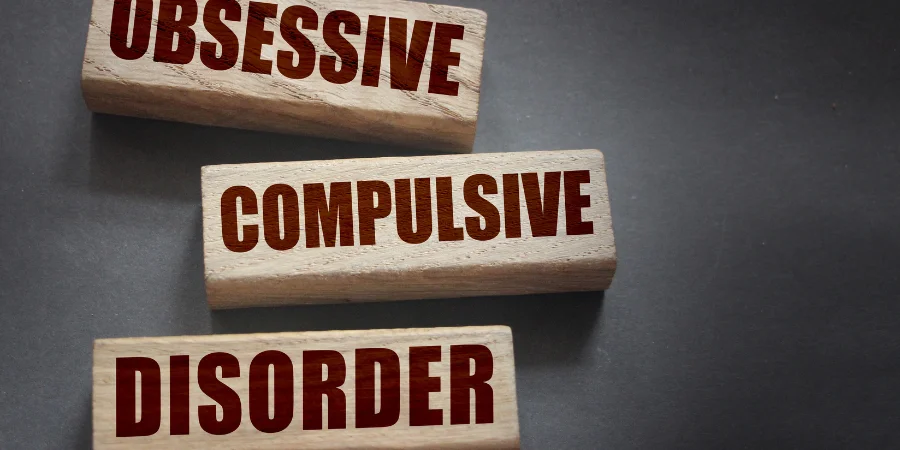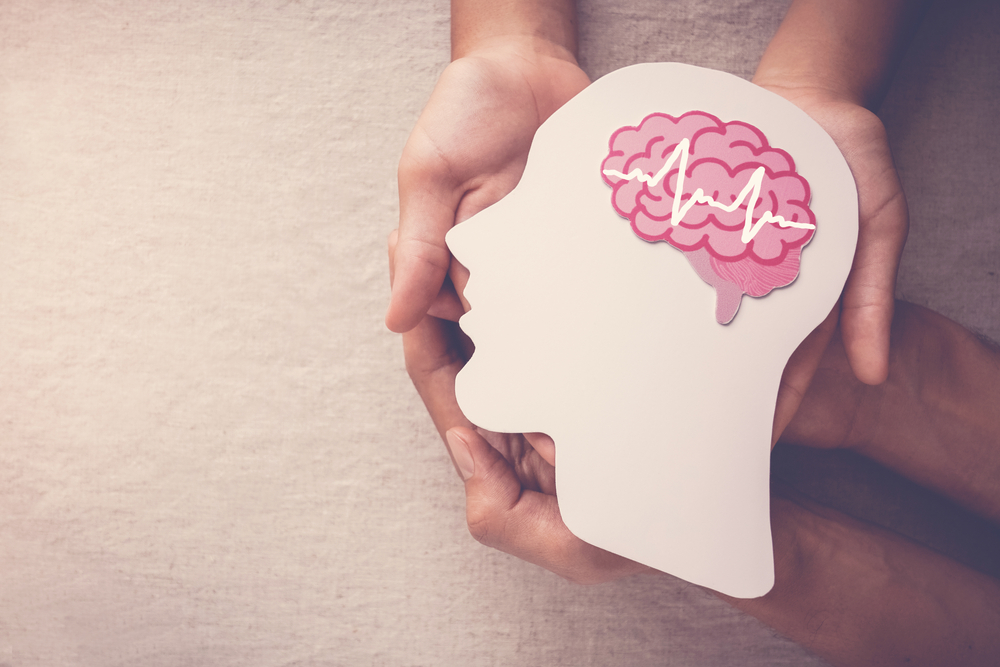Last Updated:
August 13th, 2025
OCD and Addiction | Symptoms and Treatment
OCD is a disorder that comes under the umbrella of anxiety. It causes people to have distressing and recurrent thoughts, which they unwillingly obsess over, followed by a strong urge to carry out a specific action (compulsion) to temporarily relieve anxiety. Although carrying out these rituals offers a short-term respite from unease, it is never-ending; anxious thoughts soon return, compelling people to behave a certain way, causing a cycle of anguish. OCD and addiction are common dual diagnoses; over a quarter of people seeking treatment for obsessive-compulsive disorder also tend to become reliant on drugs or alcohol, and more likely than not, substance dependence is used as a clutch for coping with unpleasant OCD symptoms.

Common signs of OCD
- They are often caught up in thought and always seem worried
- They are unable to focus on tasks
- They exhibit signs of depression
- They engage in ritualistic behaviour such as cleaning, saying things out loud, checking things over again
- They become irritable if they can’t carry out a ritual
- When partaking in specific activities (substance or behavioural), they seem calm and their OCD symptoms are momentarily at bay, however when they’re not engaging in activities, they seem irritable and OCD symptoms worsen.
How OCD is linked to substance addiction
People exhibit OCD differently, so doctors and psychologists have categorised the various traits of OCD into individual groups. Let’s look closely at each form and see their potential links to addiction:
How OCD and addiction are treated
If you’re worried you’re trapped in a never-ending maze of OCD and addiction, know that you aren’t alone and rehab for co-occurring disorders offers you a safe way out. So, the first thing you need to establish is: which disorder is the primary and which is the secondary. This is because we must treat the primary condition (the illness that causes the most problems) first. For example, if OCD is your primary disorder, you will need to speak with your GP to get the appropriate medical advice for treating OCD. Your GP may refer you to therapy and prescribe you medication. You may be on medication (such as antidepressants) for a short time until you have learned effective coping strategies to help you cope with distressing thoughts.
Therapies like exposure and response prevention (ERP) and Cognitive Behavioural Therapy (CBT) have successful outcomes when treating OCD. Such therapies work to progressively expose you to subjects of your obsessions or triggers and help you deal with them in a healthy way. Expert psychologists can teach you how to deal with distressing thoughts without acting on compulsions. However, this will take practice and dedication, and you must apply these techniques outside therapy. Once you have been treated for OCD and have it under reasonable control, you can get treatment for addiction.
How Primrose Lodge can help with addiction and OCD
At Primrose Lodge, we treat addiction as the primary disorder and we are devoted to helping people overcome unhealthy dependencies of any kind, and in the process, we will help you to manage OCD. We’ll offer you a safe and relaxing environment to call home, where you’ll be given time to heal and restore your mind, body, and soul. If you wish to break free from substance dependence, we provide a thorough medical detox, and all clients will then be invited to attend numerous psychotherapies intended to treat addiction but will provide additional guidance on how better to manage OCD in the process.
We believe recovery should involve comprehensive healing; therefore, you’ll be invited to participate in a multitude of therapies and treatments, including:
- Cognitive behavioural therapy
- 12-step Therapy
- Gong bath
- Yoga
- Meditation
- Art therapy
- Self-esteem and assertiveness workshops
- Mindfulness
- Self-esteem and assertiveness workshops

Addiction and OCD don’t have to rule your life anymore
Experiencing the pain of addiction alongside the anguish of OCD is extremely tough, and it may feel like you’re stuck in a constant loop of despair. But please know there is a way out. We can treat your addiction and help you to handle your OCD symptoms in a healthier way. So, pick up the phone today, and a member of our friendly support team will go through any questions or concerns you have, so we can get you on the path to long-term recovery.


